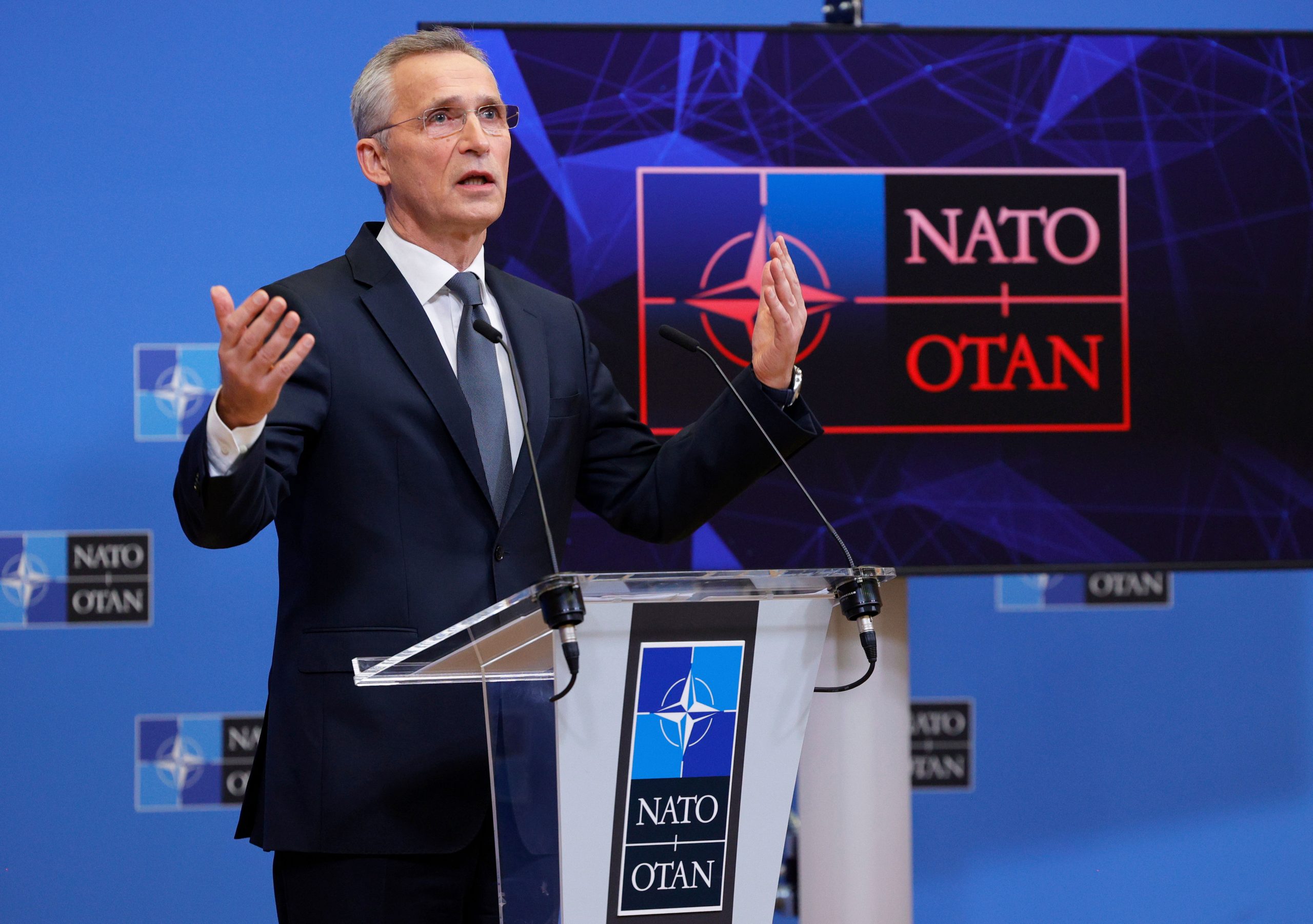NATO Secretary-General Jens Stoltenberg on Thursday said that the alliance does not plan to send troops into Ukraine. The statement comes hours after Russia launched a land, air and naval invasion into the Eastern European country.
Stoltenberg further added that Russia’s attack has shattered peace on the European continent. He called for a summit of NATO leaders on Friday.
Also read: Russia-Ukraine crisis: What is martial law?
Russia on Thursday hit Ukrainian cities and bases with airstrikes or shelling, as civilians. Ukraine said Russian tanks and troops rolled across the border in what it called a “full-scale war” that could rewrite the geopolitical order and whose fallout already reverberated around the globe.
Also read: Vladimir Putin vows to ‘denazify’ Ukraine as Russian troops march in
“Russia has attacked Ukraine. This is a brutal act of war. Our thoughts are with the brave people of Ukraine. Peace on our continent has been shattered. This is a deliberate, cold-blooded and long-planned invasion. Russia is using force to try to rewrite history,” Stoltenberg said.
Also read: Ukraine President Zelensky accuses Russia of acting like ‘Nazi Germany’
NATO’s emergency meeting comes as Estonia, Latvia, Lithuania and Poland have requested rare consultations under Article 4 of alliance’s founding treaty.
“We have no plans to send NATO troops in Ukraine. What we do is defensive,” the chief continued. Ukraine is not a member of NATO and Stoltenberg said there were no alliance troops in the country.
Also read: How the Russia-Ukraine crisis is expected to affect the global economy
“This is a deliberate, cold-blooded and long-planned invasion. Russia’s unjustified, unprovoked attack on Ukraine is putting countless innocent lives at risk with air and missile attacks,” Stoltenberg added.
NATO began beefing up its defenses in northeastern Europe after Russia annexed Ukraine’s Crimean Peninsula in 2014. It has around 5,000 troops and equipment stationed there, but those forces have been beefed up with troops and equipment from several countries in recent months.
With inputs from the Associated Press







